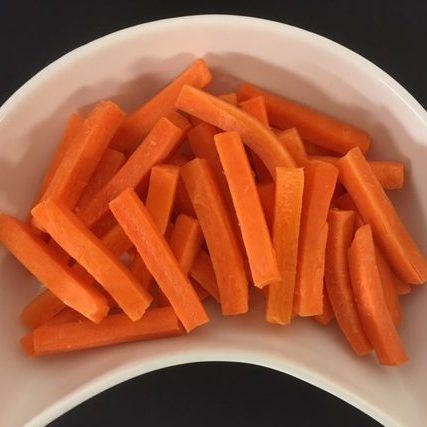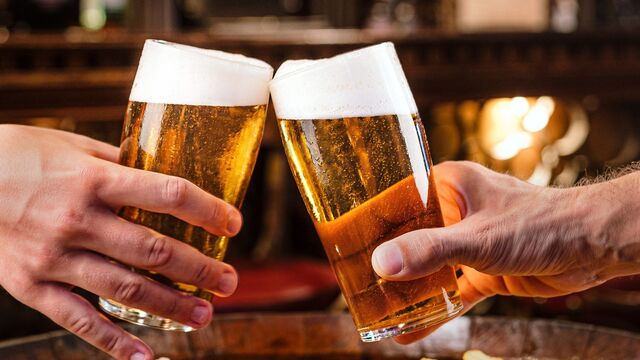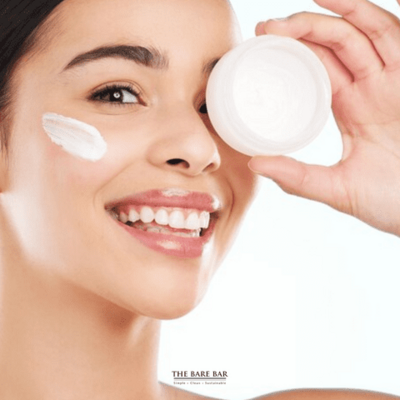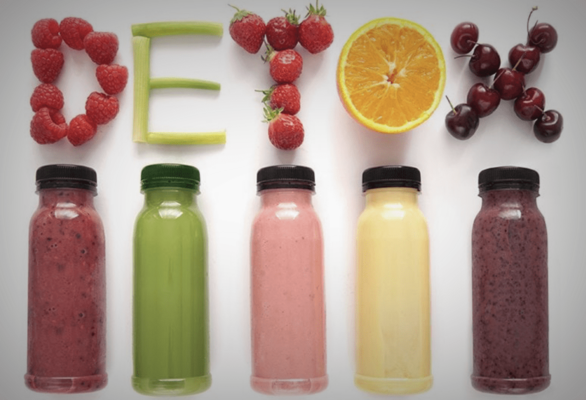ARE your snacks a positive and nutritious part of your diet, or are they adding unnecessary fat, sugar and salt?
When snacking, try taking something nutritious that can contribute to your overall diet. Snacks provide energy for our daily activities and can provide vitamins, minerals and fibre. They may also prevent overeating at the next meal by preventing you from becoming too hungry, especially high fibre snacks.
Some good snacks from fruit and veg include carrot, cucumber or celery sticks with cottage cheese (or cheese alternative), hummus or guacamole. Chopped melon or pineapple or grapes/berries with yoghurt or slices of apple or pear with peanut butter are also good.
Some snacks from starch include plain or fruit scones, a small bowl of breakfast cereal like Weetabix or Fruit ‘n Fibre, a slice of toast with jam, almond, cashew or peanut butter, wholegrain rice cakes with a spread, or muesli or granola with yoghurt. Other good ones include flapjack bars, porridge oats bars, Nakd fruit bars etc.
Some protein snacks include yoghurt (cow’s or soya), fromage frais, a boiled egg, cheese or cheese alternative on Ryvita or milk smoothies with fruit. Some snacks from the fat group include nuts and/or dark chocolate.
What about crisps, chocolate and sweets? Well, these are last for a reason and if taking them you should be taking them in small amounts. These can be described as ‘sometimes’ foods and ‘not all the time’ foods. If taking chocolate and sweets stay below 30g of free sugars per day and if taking crisps stay below 6g of salt per day as lots of crisps can have added salts.
Also, some crisps can have palm oil added to them, so stay below 20-30g of saturated fat per day for both female and for male.
•Lee McCusker (BA; MSc; MSc; MSc; ANutr; SENr) is a registered nutritionist from Belfast and can be found on Facebook, Instagram and X. Email: attentive nutrition@gmail.com








